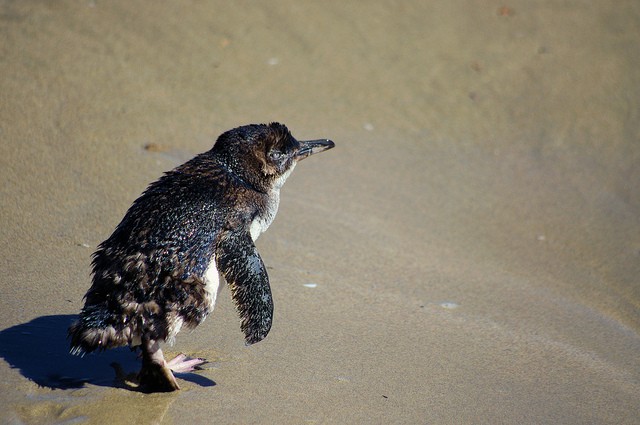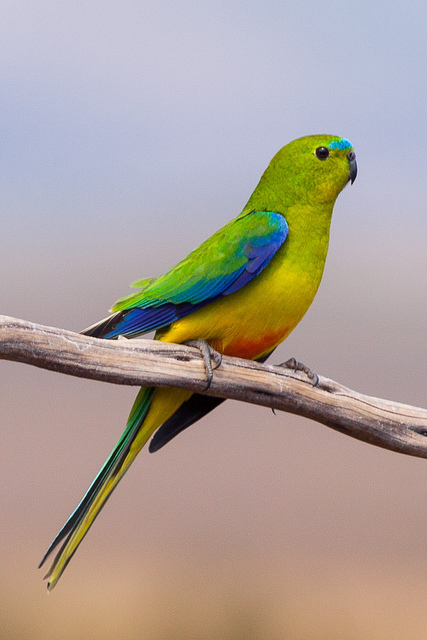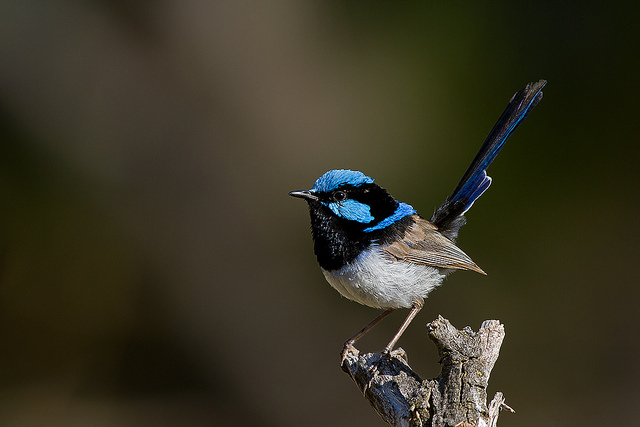December 4, 2024
The Ebiil Society: Champions of Palau
Ann Singeo, founder of our partner organization the Ebiil Society, shares her vision for a thriving Palau and a flourishing world of indigenous science!
We use cookies to help you navigate efficiently and perform certain functions. You will find detailed information about all cookies under each consent category below.
The cookies that are categorized as "Necessary" are stored on your browser as they are essential for enabling the basic functionalities of the site. ...
Necessary cookies are required to enable the basic features of this site, such as providing secure log-in or adjusting your consent preferences. These cookies do not store any personally identifiable data.
Functional cookies help perform certain functionalities like sharing the content of the website on social media platforms, collecting feedback, and other third-party features.
Analytical cookies are used to understand how visitors interact with the website. These cookies help provide information on metrics such as the number of visitors, bounce rate, traffic source, etc.
Performance cookies are used to understand and analyze the key performance indexes of the website which helps in delivering a better user experience for the visitors.
Advertisement cookies are used to provide visitors with customized advertisements based on the pages you visited previously and to analyze the effectiveness of the ad campaigns.
Looking to make an impact this Earth Month? Here’s how.

The people of Tasmania’s King Island aim to end the loss of native plants and animals through conservation efforts.
King Island, part of Tasmania, Australia, is home to endangered and endemic species, including
the Critically Endangered Orange-bellied Parrot:

the Little Penguin:

the Superb Fairy Wren:

and the Platypus:

Further decline of native vegetation would have serious consequences for the rare animals living on the island. According to Natural Resource Management (NRM) regional Landcare Facilitator Ana Pimenta, the island has lost 70% of its vegetation. If any more habitat is lost, Pimenta warns, the endemic species may go extinct. She says:
Thirty per cent of native vegetation is about the minimum ecological value for a good ecosystem.
The loss of vegetation has been attributed to agricultural development and fires.

Agricultural development and fires on the island have contributed to the loss of native vegetation. The NRM team is working with landowners and farmers to protect the island’s biodiversity. They aim to stabilize the native plant population and help it increase. They also plan to implement eco-tourism programs that educate visitors about the island’s native and endemic species.
We are working closely with council and landowners to protect what they have.
Feature photo: Little Penguin on beach. By Ken & Nyetta
Read the original article at ABC
Check out other journal entries we think you might be interested in.
Notifications